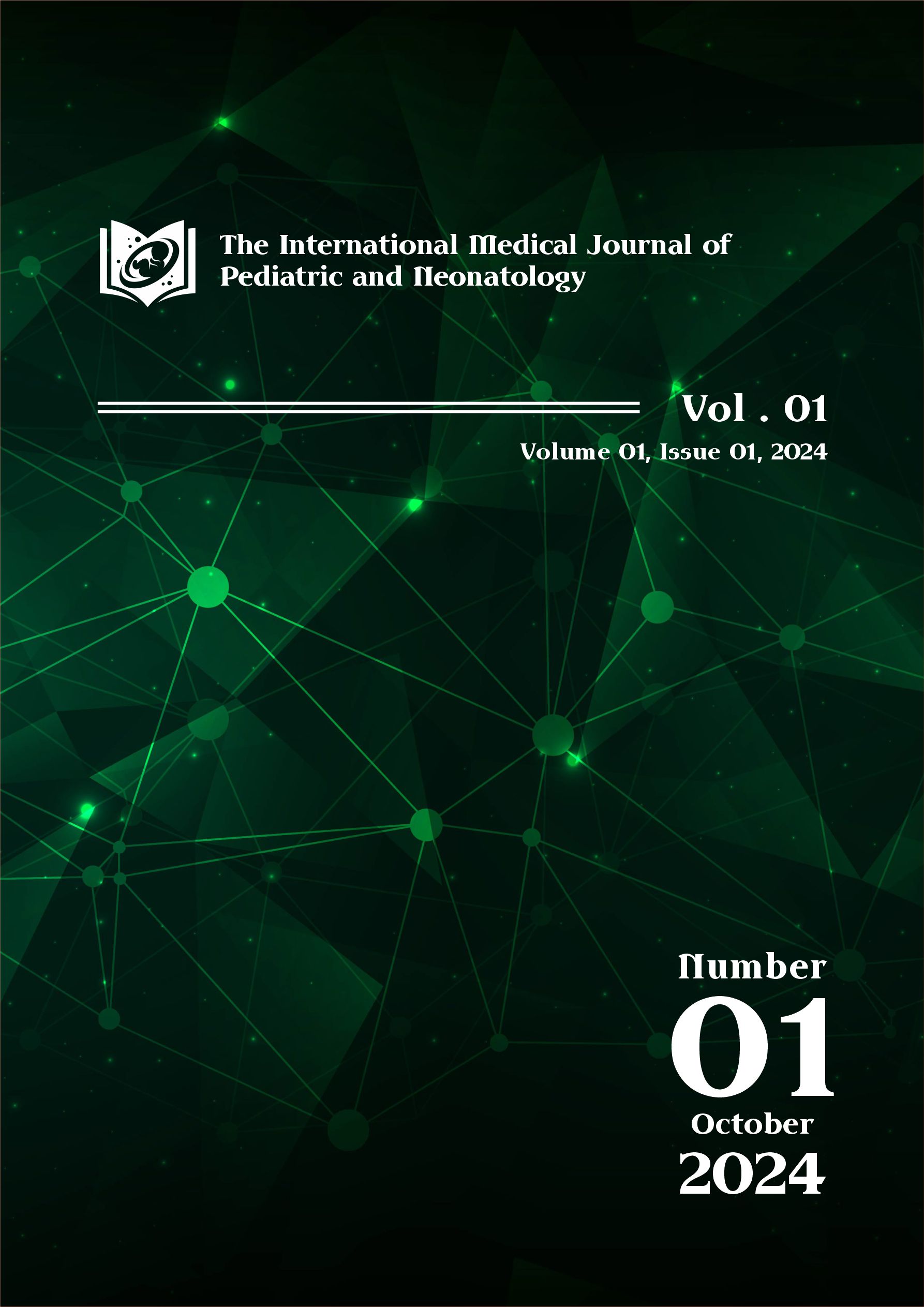Efficacy and Safety of Milrinone in Treating Heart Failure Induced by Severe Pneumonia in Children with Congenital Heart Disease: A Systematic Review
Main Article Content
Abstract
Background: Congenital heart disease (CHD) is a prevalent pediatric heart condition, often complicated by severe pneumonia. Milrinone, a second-generation phosphodiesterase inhibitor, has emerged as a potential therapeutic option for CHD patients suffering from heart failure. However, inconsistent results in studies have highlighted the need for further research to determine its efficacy and safety in this context. Methods: This systematic review adhered to PRISMA 2020 guidelines and focused on full-text English literature published from 2014 to 2024. Editorials and review papers without a DOI or published in the same journal as the submission were excluded. Literature was sourced from databases including ScienceDirect, PubMed, and SagePub. Result: Following a thorough screening process consisting of three stages, six papers were determined to have pertinent connections to our ongoing comprehensive investigation. Following that, the text as a whole was thoroughly studied and these sections received more attention. Conclusion: Congenital heart disease affects 9%-13% of children and requires treatment like cardiotonics, anti-infections, oxygen therapy, and diuretics. Milrinone, a second-generation phosphodiesterase inhibitor, offers a promising alternative for cardiac support in patients with acute heart failure, pulmonary hypertension, or chronic heart failure.

